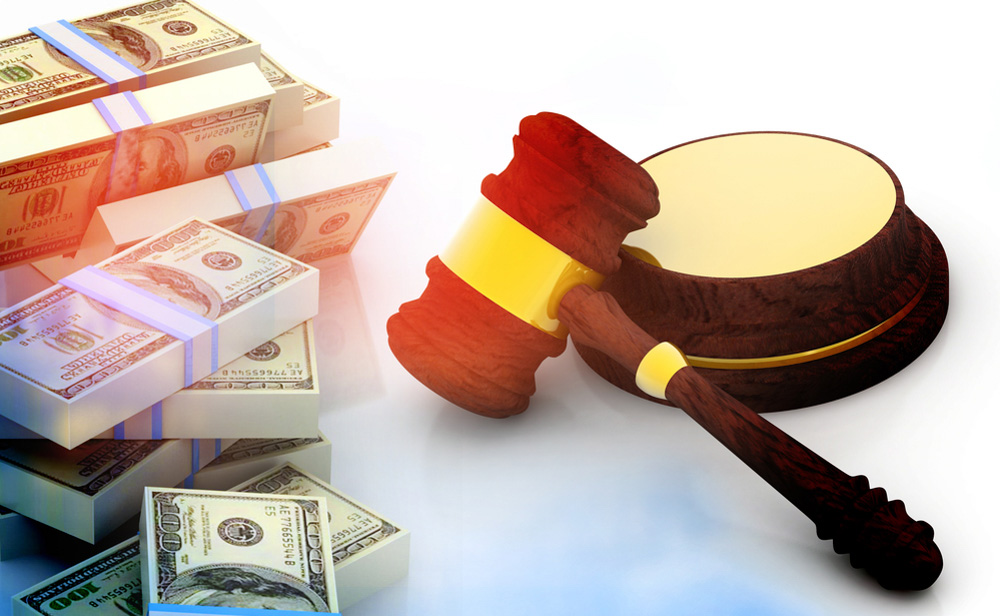Filing for Chapter 7 or Chapter 13 bankruptcy is sometimes the best solution for those struggling with overwhelming debt. It offers a fresh start and the opportunity to reorganize finances, discharge certain debts, and regain financial stability.
However, many debtors have questions regarding how filing for bankruptcy impacts child support payments and debts. In this blog, we unpack what happens to child support income and obligations when a debtor files in Indiana.
Can You File Bankruptcy on Child Support?
If you receive child support income, you have every right to file for bankruptcy, but the money from your child support is not exempt from liquidation. While some states do offer exemptions for child support income, Indiana does not offer any such exception. That said, Indiana does have a $19,300 Homestead Exemption, a Wildcard Exemption that protects up to $10,250 in tangible property and $400 intangible property, and other notable exemptions.
One important note is that although your child support income isn’t exempt, you don’t have to give up any child support that you receive after you file. For example, if you file for Chapter 7 bankruptcy on June 5 and receive child support income on June 10, you can keep the money.
However, if you’re owed back child support, the income will not be protected. The back payments are still considered part of your estate and can be liquidated to pay back your lenders.
Does Bankruptcy Clear Child Support?
When you file for Chapter 13 or Chapter 7 bankruptcy, the court and court-appointed bankruptcy will group your debts into priority and non-priority classifications, and you are obligated to pay your priority debts in full.
Child support is considered a priority debt — as is alimony — so you can’t discharge it and must pay it back in full. These payments fall under the concept “in nature of support,” meaning that you cannot discharge debts that support your child’s welfare or upbringing. For example, if you owe your former spouse money to pay for your child’s medical bills, you cannot discharge that debt because it’s in the interest of supporting your child.
Does Bankruptcy Affect Child Support?
Although bankruptcy will not discharge your child support payments, it can assist you in discharging other debts, potentially allowing you to have the money to pay for child support.
Additionally, a family court may consider your filing for bankruptcy as a change in circumstances. With a change in circumstances, a parent can file a motion to modify child support payments. The bankruptcy filing won’t directly alter your child support payments, but proving that you have a change in circumstances may result in child support modifications.
How Chapter 7 Impacts Child Support Payments
As stated above, filing for Chapter 7 bankruptcy will not discharge debts related to your child support. Instead, your child support and alimony will take priority over your other debts.
Your court-appointed bankruptcy trustee will sell off your non-exempt assets and distribute the proceeds to creditors according to a predetermined priority scheme, and in this case, your child support payments will take top priority. Once the trustee liquidates your non-exempt assets, they will use the money to pay off your child support and alimony debts. From there, the trustee will use the remaining money toward your non-priority debts, such as credit card debt and medical bills.
After completing Chapter 7 bankruptcy, you’ll discharge your eligible debts, such as unsecured personal loans, medical bills, credit card debt, and payday loans.
How Chapter 13 Affects Child Support Payments
When you file for Chapter 13 bankruptcy, you reorganize your debts into a three-to-five-year repayment plan that’s based on your disposable income. Like with Chapter 7, bankruptcy courts prioritize child support and alimony payments, and you’ll need to pay off these debts in full over the course of your Chapter 13 repayment plan. This includes both back payments and ongoing child support, meaning you should be on top of your remittance by the time you complete your repayment plan.
The repayment plan will also pay off some or all of your non-priority debts, and you can discharge the rest of what you owe to non-priority lenders when you complete the plan.
Get Indiana Bankruptcy Legal Support Today
Filing for bankruptcy in Indiana can be a complex and confusing process and can make debtors feel overwhelmed. Fortunately, you don’t need to untangle the complex procedures and eligibility requirements on your own — you can enlist the assistance of experienced Indiana bankruptcy attorneys.
An attorney can provide valuable guidance and advice throughout the bankruptcy process, including preparing necessary documentation, negotiating with creditors, and putting a stop to creditor harassment.
For seasoned support you can trust, contact the bankruptcy attorneys at Sawin & Shea, LLC. Call us today at 317-759-1483, or you can contact us online here.



